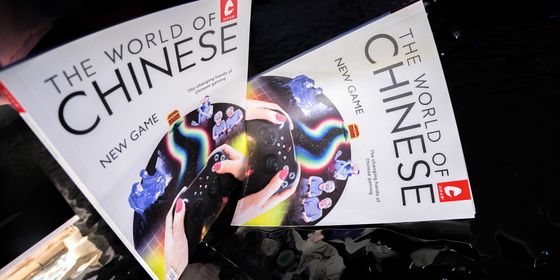Steps forward (and backward) for women’s rights in 2020
The year 2020 saw many challenges and breakthroughs for women in China in national policy, society, and entertainment. Here are the major news events this year that attracted feminist commentary and marked important changes in the the rights of women:
Proposals for women
Female representatives at this year’s “Two Sessions” political meetings put forward proposals for allowing single women to freeze their eggs, raising the age of consent, and providing insurance coverage for postpartum depression treatment. However, an opposite proposal from another female representative to ban single women from freezing eggs, and a divorce “cool-off” period set to go in effect with China’s new Civil Code in 2021, suggest that equal rights for females have a long way to go in the legal sphere.
Harassment suit
The sexual-harassment lawsuit by a former CCTV intern identified as Xianzi against well-known television host Zhu Jun was heard by a court in Beijing in December. The case has united Chinese women’s rights activists in support of the country’s fledgling #MeToo movement, with many people holding slogans to support Xianzi outside the courthouse. The hearing was adjourned with no decision reached and no date set yet for another hearing.
Girls’ education
Zhang Guimei, founder and principal of a free high school for girls in Yunnan province, was named a “Role Model of the Era” by the Publicity Department of the Communist Party for her 40 years of dedication to rural education. However, Zhang came under fire from some feminists and educators for disrespecting women’s choices when she boasted she refused a donation from a former student who had become a stay-at-home mother, and for advocating rote memorization. Zhang’s defenders maintain that financial independence is crucial for rural women trying to escape from poverty, and that students from impoverished regions often have no choice but learn by rote to compete with their better-off peers and gain admission to university.
Making waves
Sisters Who Make Waves, a hit talent show, took the internet by storm by featuring female celebrities over 30, an age when they gradually start to slip into obscurity. The show won praise from feminists for showcasing of the complexity of mature and powerful women, but also criticism for perpetuating stereotypes about women’s age and marital status, pandering to the male gaze, and implying wealth and success as prerequisites for older women to be accepted in society.
Rotten standards
Supermarket chain RT-Market raised public outrage over its clothing size chart for women, which labeled small-sized clothing as “thin,” medium-sized as “beautiful,” and large sizes as “rotten.” A poster also stated that the clothes were exclusive to women aged 18 to 35. Many users on social media excoriated the company’s distorted standard of beauty and its discrimination against plus-size and older women. The apology made by RT-Market for “inappropriate wording” failed to please, as many felt this was part of systematic discrimination of women who do not fit mainstream standards of beauty.
Period poverty
A photo of poor quality menstrual pads on the internet highlighted low-income women’s lack of access to sanitary products. Besides the high cost of menstrual products, discussions about “period poverty” also revealed the ignorance and stigma about menstruation that still exist in rural areas (such as the association of tampon use with promiscuity, and the lack of feminine health education for “left-behind” girls in the countryside). Public attention on this crisis led to one college student in Shanghai to place “pad-sharing” boxes in prominent locations on campus, which drew backlash from some fellow students, but was also copied by students at other schools.
Virginity complex
A post by Weibo user Chundao Zhanxue, describing how she was denied an operation on her cervix without parental consent at three hospitals because it would rupture her hymen, struck a chord with many other female users. Feminist influencers and public health experts have deplored traditional notions about sex and purity that hinder women from obtaining routine gynecological procedures, and worked to dispel the myth that the hymen is related to virginity—and that whether or not a woman has had sex is anyone else’s business.












